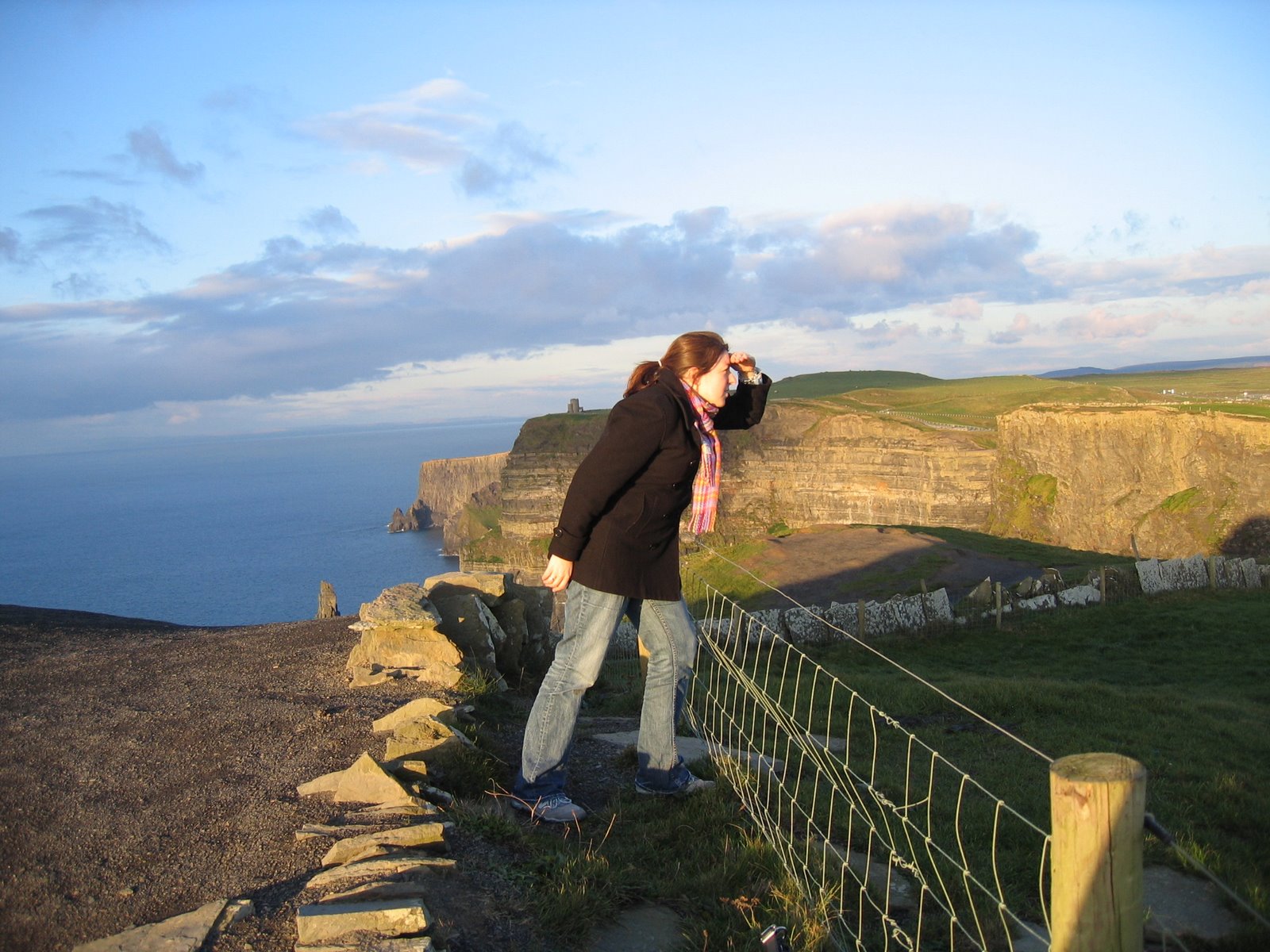One of the poems, "Walking in Scotland," caught my eye as I flipped the old letter-pressed pages during my first night as owner of this book. Keats captures an aspect of Scotland--and Ireland and England and Wales, for that matter--that is hard for a visitor to articulate. Well, it's hard for this visitor to articulate.
"There is a charm in footing slow across a silent plain,
Where patriot battle had been fought, where glory had the gain..."
The poem, to me at least, articulates the feeling of significance that seems to quietly rise up from the shores of these tiny bits of land that once seemed to conquer every corner of the world. Each castle and stone bridge has a long memory of battles fought and love won and adventures sought.
Lately I've been feeling quite the opposite--very insignificant. I feel as though I will always live hand-to-mouth each month. I am discouraged in the departments of love and looks. I am tired and bored. I feel invisible.
But I know I am not alone in these fits of melancholy.
Today I spoke with three friends. One was fearful about an upcoming change in jobs, another was full of regret for her decision to enroll at a particular school, and the third was discouraged about learning that a guy she hoped would be was actually not to be. In all of these conversations, I wanted to say, "Woe is I! Listen to my pathetic lot! I'm eternally dateless! I'm earning less than all of my friends! I drive a Civic that is covered in dust and dents! I'm so selfish lately I can hardly stand to be around myself!" But I didn't.
Instead I listened in amazement at the words of encouragement that came from my mouth. In this dark place I seem to have taken up residence, I somehow saw light. As with many people, I presume, depression a loyal friend to me. But I am glad to know that this friend, very much unwanted, is not making the decisions around here like it once was.
All of which reminded me of something Katherine said over a pint back in Scotland, the gist of which was: "It's not what we dream that matters. It's what we do when we wake up." Very wise words.
And now for a few photos:




